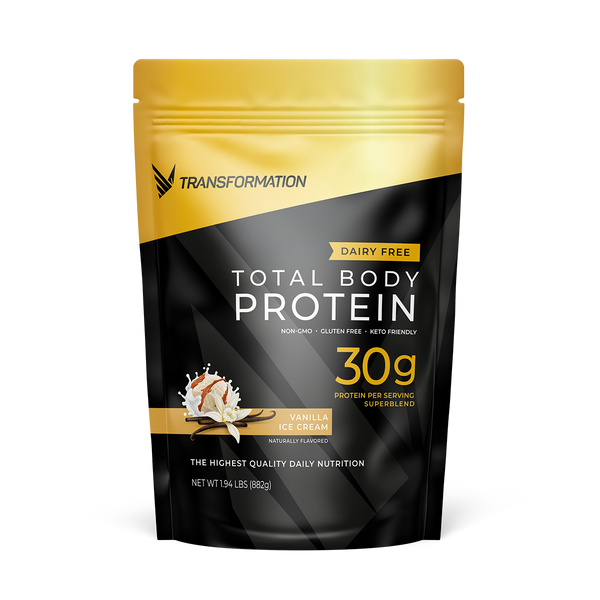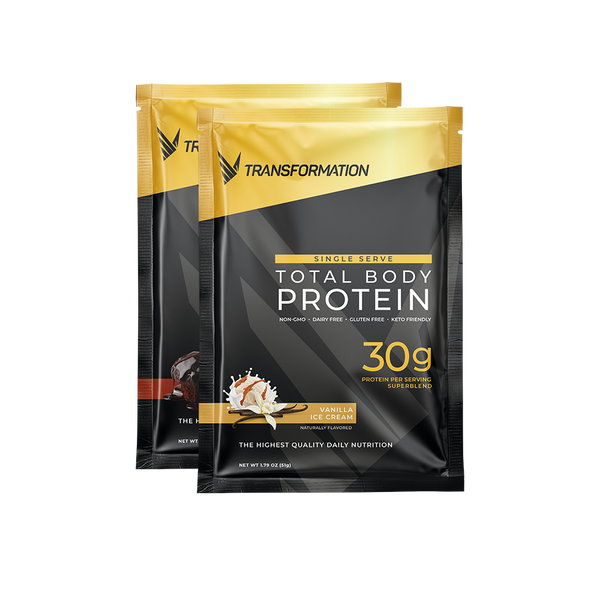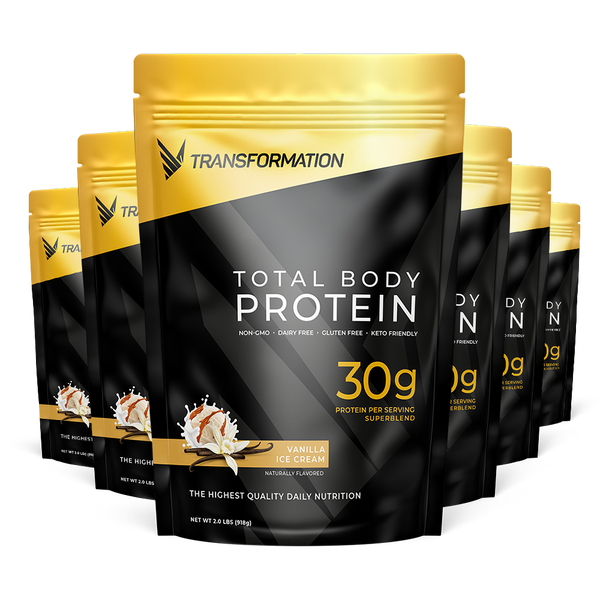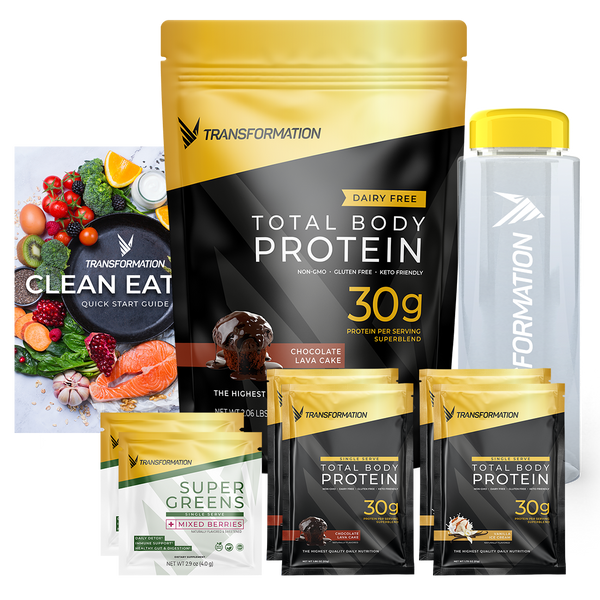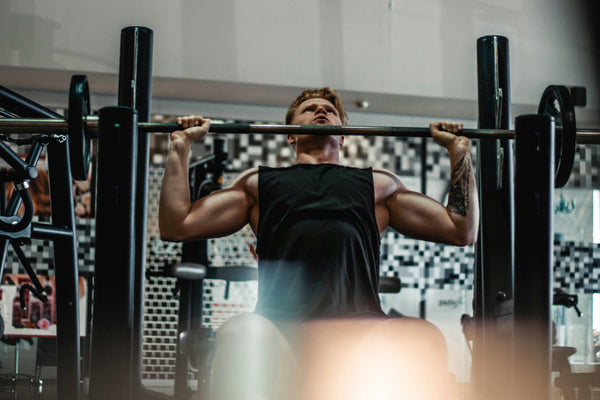
What Not to Eat When Toning Up (& Healthy Substitutes)
Bodybuilding is more than just tedious hours spent at the gym lifting weights; it’s a lifestyle that calls for a meticulous approach towards nutrition. Identifying foods to steer clear of is as vital as understanding what to consume. This article will shed light on the foods that can hinder muscle building and healthier food substitutes to aid in muscle growth.
Understanding Body Building Phases: Bulk and Cut
Most bodybuilding enthusiasts are well-versed with the ‘bulking’ and ‘cutting’ phases, which are integral to this fitness regimen. In the bulking phase that can extend from months to years, bodybuilders consume a diet high in protein and calories and engage in strenuous weight lifting with the aim of gaining maximum muscle mass.
The subsequent cutting phase aims to shed as much fat as possible, while preserving the muscle mass acquired in the bulking phase.
Ideal Foods for Bodybuilders: Building the Perfect Plate
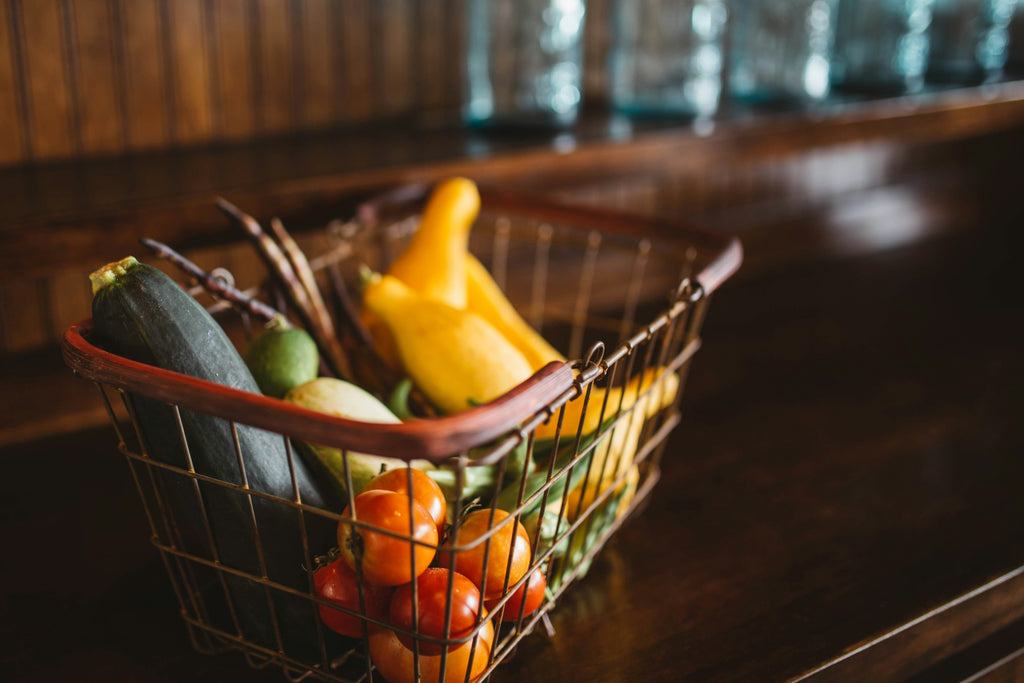
A well-rounded bodybuilding diet should consist of lean proteins, whole grains, fresh fruits, vegetables, and healthy fats. This principle ensures a bodybuilder gets essential nutrients without any unhealthy excess.
While focusing on your muscle-building diet, it's equally crucial to be aware of certain foods that may hamper your progress. Discover the top nutrition pitfalls to sidestep on your journey to sculpted musculature.
Foods to Avoid When Building Muscle
Excessive Salt: While sodium is necessary for bodily functions, consuming it excessively can lead to bloating and high blood pressure, which can negatively affect your workouts and fitness progress. Opt for low sodium alternatives or fresh herbs and spices for flavor.
Sugary Cereal: These breakfast favorites are loaded with sugar and devoid of the necessary nutrients needed for muscle development. Choose whole grain or protein-rich cereals for a balanced and nutritious start to your day.
Refined Carbs: Foods such as white bread, pasta, and pastries are stripped of their nutritional value during the refining process. These can cause blood sugar spikes and crashes that can sap your energy levels. Whole grains are a healthier alternative offering sustained energy and necessary nutrients.
Artificial Sweeteners: Although touted as a zero-calorie alternative to sugar, artificial sweeteners can trigger cravings for more sweets, leading to excessive caloric consumption. Try natural sweeteners like honey or stevia instead.
Canned Soups and Sauces: These convenience foods are often laden with sodium and unwanted preservatives. Soups and sauces made from scratch using fresh ingredients and lean protein sources are healthier options.
Energy Drinks: Marketed as boosters for stamina and performance, these beverages are loaded with sugar and other chemicals that can hinder muscle growth. Instead, hydrate with natural energy sources like coconut water or homemade energy drinks containing green tea and citrus.
Trans Fats: Often found in fast food, margarine, and some store-bought baked goods, trans fats can reduce muscle mass and increase body fat. Indulge sparingly and prioritize lean protein and healthy fats in your diet.
Diet Sodas: These drinks can enhance cravings for sweet foods and drinks, leading to weight gain despite their zero-calorie labeling. Opt for plain water or natural sparkling water as a healthier choice.
Fried and Breaded Foods: These foods are loaded with unhealthy fats, which can lead to weight gain and slow down muscle growth. Choose baked, steamed, or grilled versions for healthier alternatives.
Highly Processed Meats: While meat is a great source of protein, highly processed options such as hot dogs and lunch meats often contain unhealthy chemicals and excessive sodium. Choose fresh, lean meats as a healthier alternative.
Besides avoiding these foods, it's essential to maintain adequate hydration, practice portion control, and balance your diet for optimal muscle development. Simplicity is the key to muscle growth; focus on whole foods, and avoid overly processed and artificial substitutes.
Building muscle isn't just about the time spent lifting weights; it's equally about what's on your plate. Focusing on a balanced and nutritious diet will propel your muscle-building journey, helping you reach your fitness goals faster and more efficiently.


